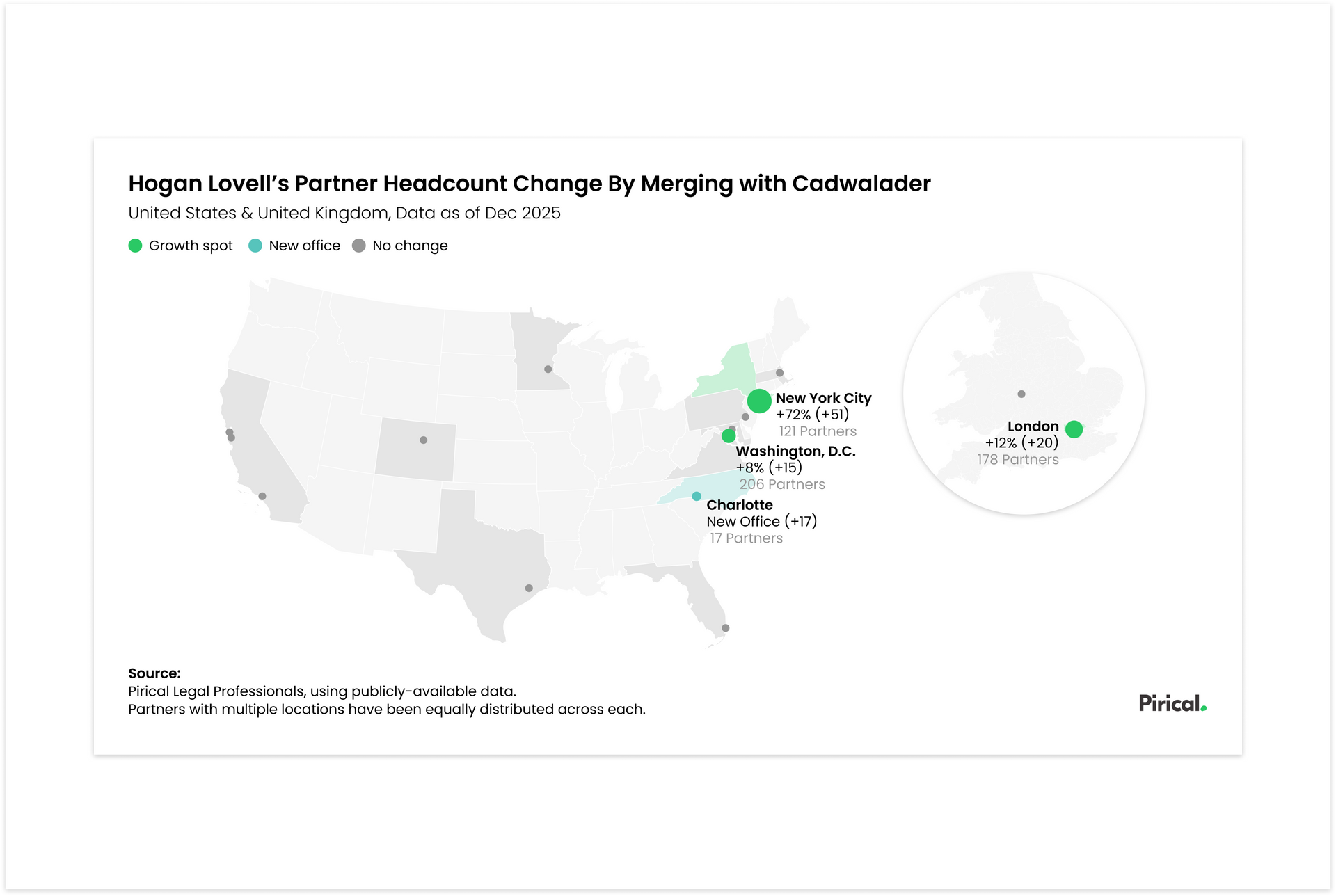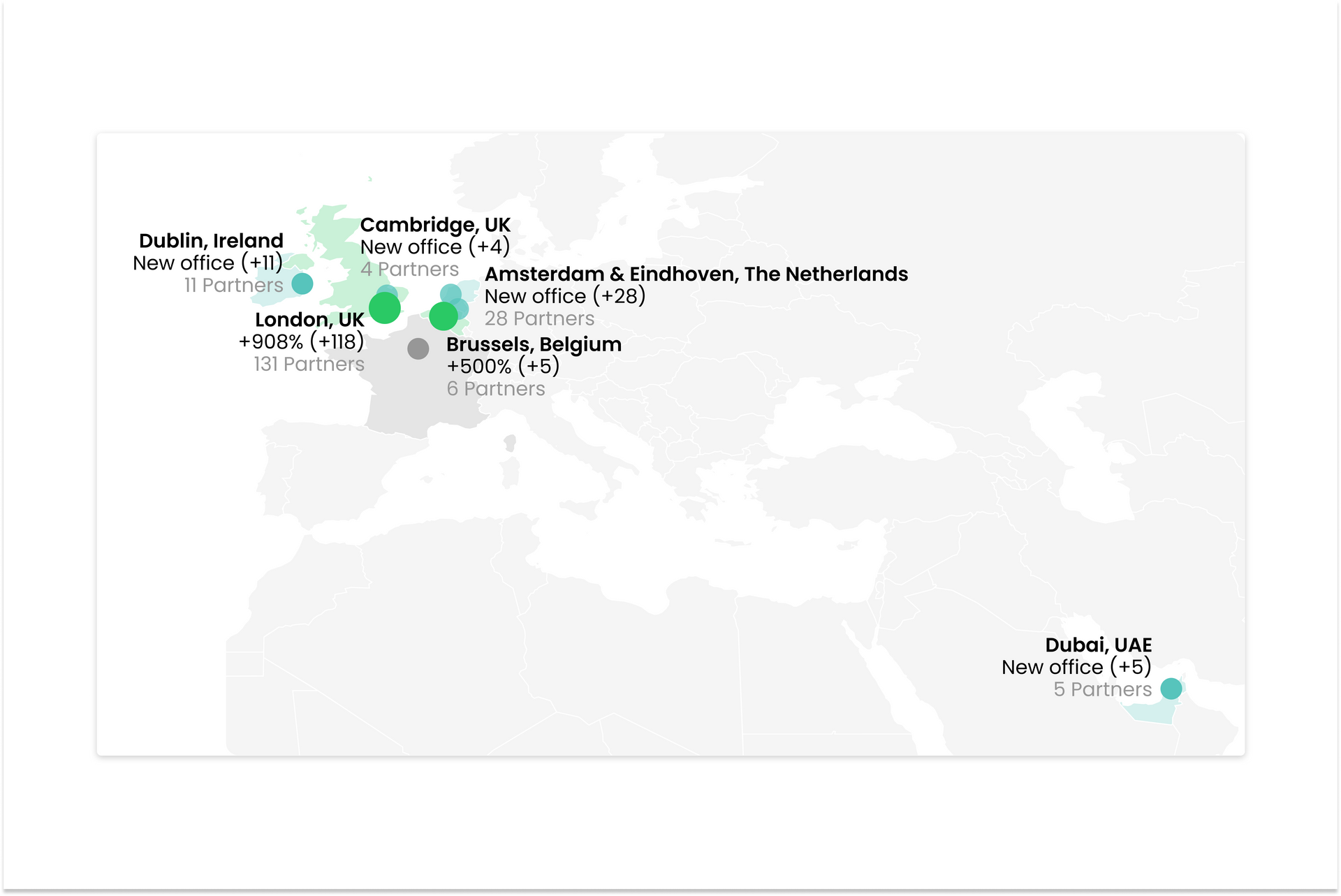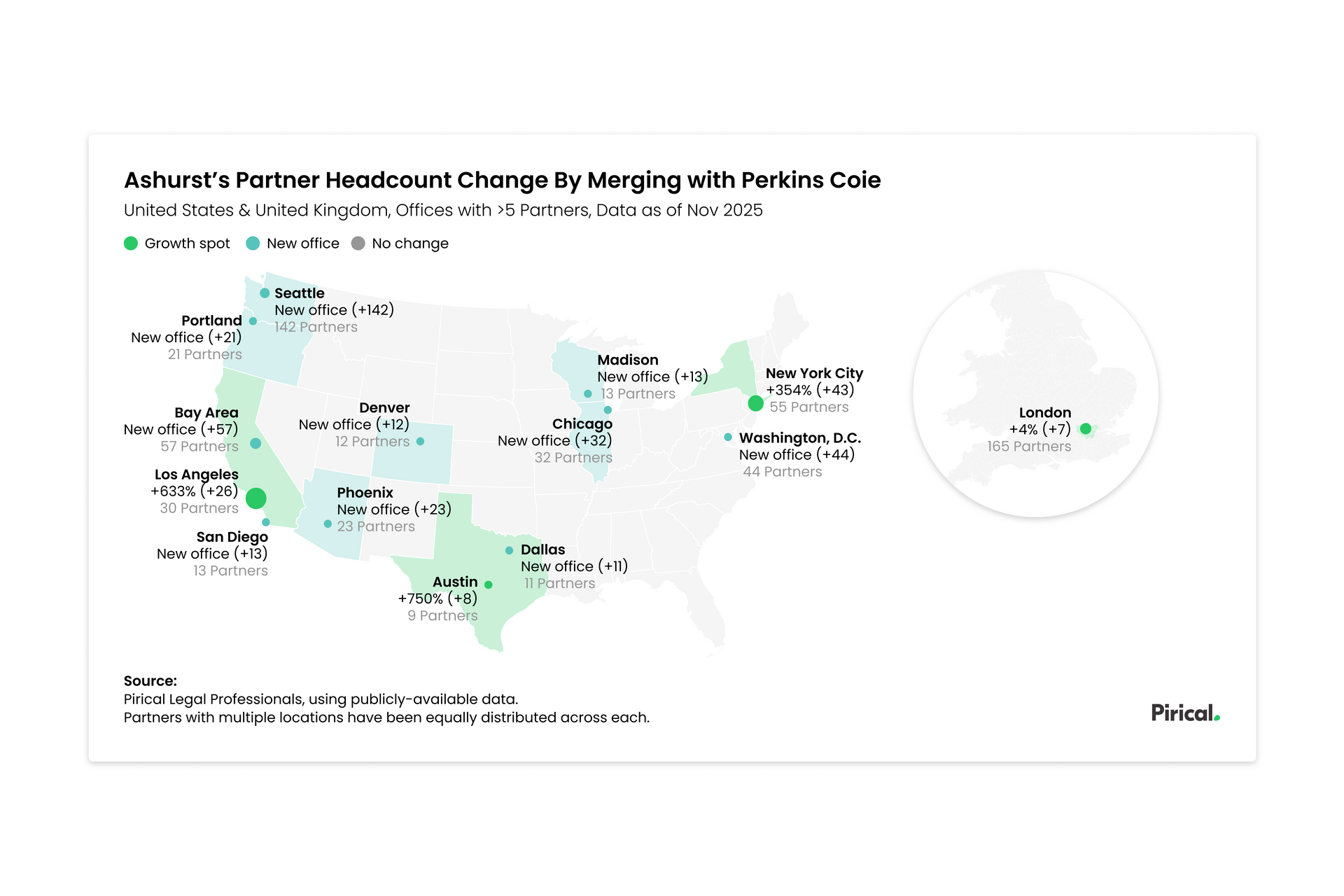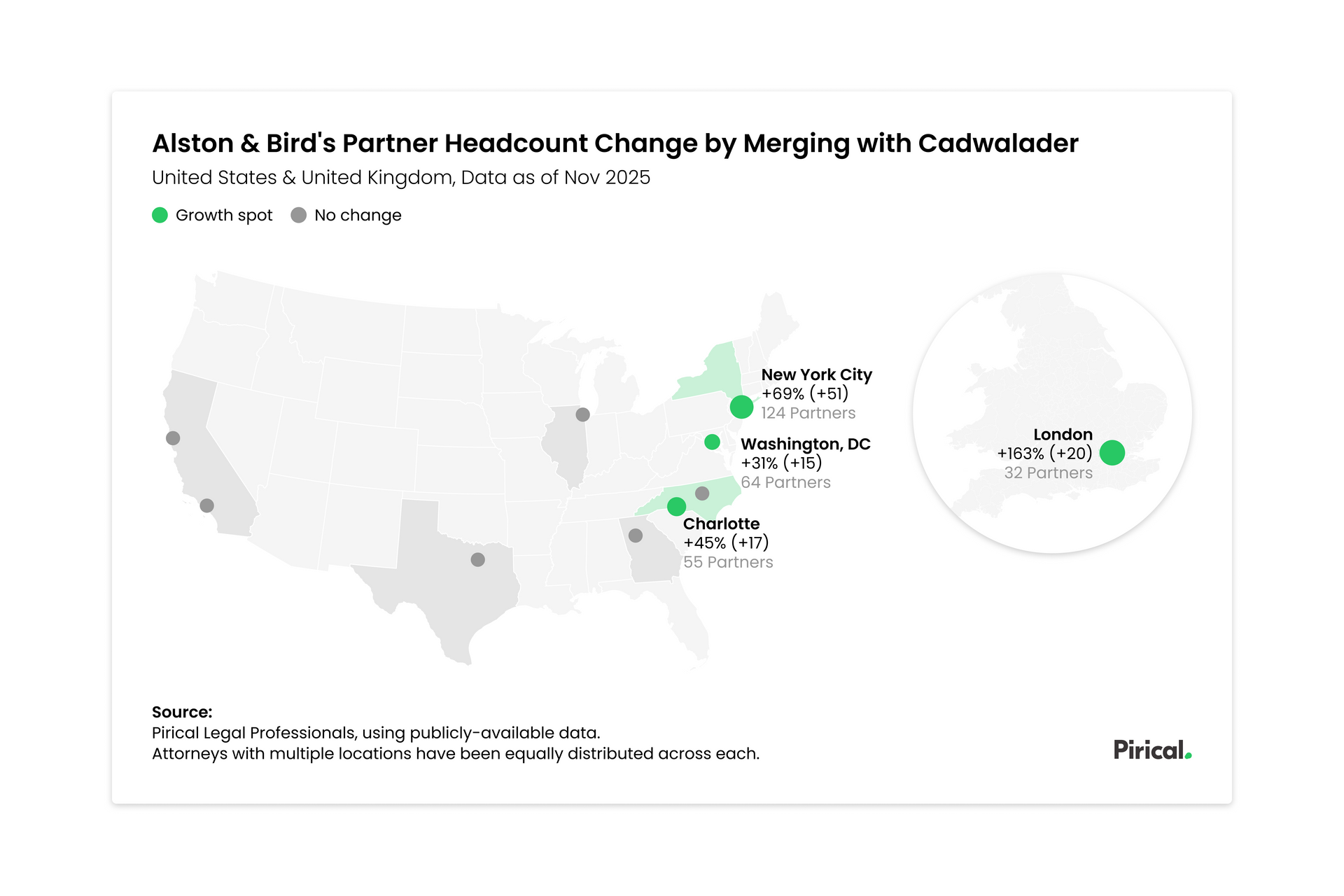Reporting and Analytics – What is the difference and why does it matter?
Admittedly, it’s not the most gripping topic – but the difference between Reporting and Analytics is actually really interesting and offers a glimpse into two very different modes of thinking.
Many people use the terms Reporting and Analytics interchangeably — showing numbers and discussing them. But not all numbers relating to a business activity are created equal. Let’s look at an example.
Say an analyst at your law firm tells you that 15% of your trainee applications come from University X, up from 13% the prior year. That may be interesting to know, but what are you supposed to do with this information? Should you ramp up hiring at University X? Or is 15% too much and should you therefore invest employer marketing spend elsewhere? Is 15% good or bad?
The above belongs into the category of Reporting – organising data into summaries for the purpose of monitoring progress. Reporting is an indispensable tool for tracking towards a goal.
Analytics, on the other hand, goes beyond ‘tracking what happened’, to answer ‘why it happened and what you should do’. Done right, Analytics gives you the confidence to take action.
Start with the ‘so-what’, then ask ‘why’
Reporting may come with commentary, but it doesn’t come with anything prescriptive. By default, it simply shows facts and figures without an agenda, leaving the reader to draw their own conclusions.
Taking the example from above: Applications from University X is 15%, up from 13% a year ago. To turn this Report into an Analysis, the analytical mind would ask: Why should I care, or ‘So what’? Here is the analytical mind at work:
The so-what
I might care that the percentage of applicants from University X has increased if lawyers who graduated from University X have a higher lifetime profitability at the firm, compared to lawyers who attended other universities.
To answer this question, we conducted an analysis on lifetime profitability, cut by the university attended. We found the answer is yes, alums from University X have higher lifetime profitability. Does this mean we should increase our recruitment from University X? Not so fast - correlation does not mean causation. Let’s interrogate this more.
Ask why #1
Why would lawyers who graduated from University X have higher lifetime profitability? We know that profitability is driven by Revenues minus Costs, and if we add up annual profits over the number of years employed, we get lifetime profitability. If we break this down, we want to know if lawyers who graduated from University X generate higher annual revenues, are lower cost to employ, or stay at the firm longer?
Three analyses, each cut by the university the lawyers attended, gave the answer. Those who attended University X generate higher annual revenues (they weren’t less expensive to employ nor did they have different attrition levels from their counterparts). This may be interesting, but our analysis still won’t stand up to scrutiny as we haven’t found the link between University X and revenues, so let’s keep digging.
Ask why #2
Why do lawyers who graduated from University X have higher annual revenues? We know that annual revenues is the number of hours billed multiplied by an hourly rate, minus the amount written off.
Our analyses here looked at these three factors and found that lawyers who attended University X had less written off (i.e., fewer write-offs due to fewer hours that were not billable).
Ask why #3
Why would lawyers who attended University X have fewer unbillable hours? Perhaps they are more technical and it’s their degree subject that matters?
It turns out, lawyers who studied certain degrees were more profitable, due to fewer write-offs, and University X had a higher concentration of applications who studied these degrees. The final conclusion was that it doesn’t matter that applicants from University X increased - what really matters is applicants who studied degree Y increased - either from University X or elsewhere.
The upshot
Given the above analytical thinking, should we care that applications from University X are up 15%? Probably not. What really matters is which degree applicants studied. The better strategic action is to increase the number of students who studied degree Y, either at University X or elsewhere. This level of analytical interrogation should give us confidence in the action we are about to take.
Intentionally seeking out data that answers these questions is like a detective treasure hunt where one clue leads to another, with a grand resolution awaiting in the end – which makes Analytics fun! It also challenges the analyst to be creative in what data can be used to prove a given hypothesis. Put differently: Often the answer is not hiding in plain sight. Instead, it needs to be uncovered through rigorous logic and creative usage of data, but the result is powerful.
Most exercises in Analytics gets triggered by a business problem that needs to be solved, but sometimes it’s an anecdote that needs to be proven. For example, you may overhear a colleague say “Bob is great! He’s from University X - students from University X must be great!” This is your calling to put on your analytical detective hat and start asking questions.
Conclusion
Analytics serves to answer questions about what to do. It seeks to uncover the truth to allow us to make better decisions.
Reporting has its place – nothing of the above means to imply that Reporting is not a worthwhile pursuit. But often, the best place for Reporting is to be the trigger for an inquiry, and not just a platter of assorted factoids to be snacked upon.
Does your firm need an Analytics mindset?
Besides using sophisticated tools from mathematics, statistics and data science, Analytics is also a mindset of being curious about evidence and a quest to look deep into the data.
Contact us here for a free consultation on how People Analytics could help your business.
Subscribe to the latest data insights & blog updates
Fresh, original content for Law Firms and Legal Recruiters interested in data, diversity & inclusion, legal market insights, recruitment, and legal practice management.







